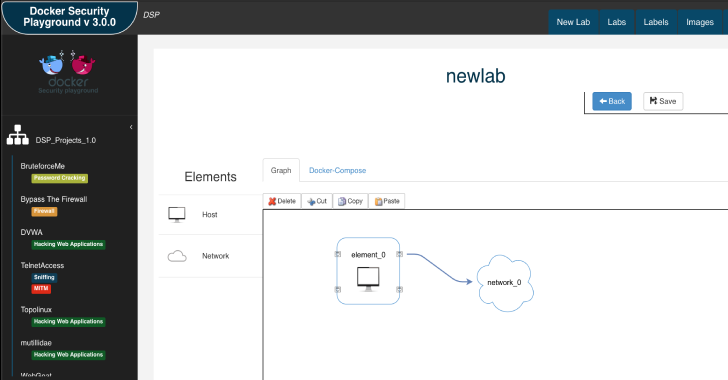Install & Update Nmap in Kali Linux Rolling, Sana & earlier versions
This tutorial will show you how to update nmap in kali linux 2.0. Nmap 7.0 was released earlier this month. Refer to here to view What’s New in Nmap 7.
Kali Rolling comes with nmap v7 by default. Still you can use the steps below to update nmap or any other tools and while editing sources.list
To update to we first need to ensure that all repositories are in place.
You can verify this by the following command
Command: cat /etc/apt/sources.list/
Official list of repos for Kali Rolling
deb http://http.kali.org/kali kali-rolling main contrib non-free #Source Repo deb-src http://http.kali.org/kali kali-rolling main contrib non-free
Official repositories for Kali 2.0 (SANA) :
deb http://old.kali.org/kali sana main non-free contrib deb-src http://old.kali.org/kali sana main non-free contrib
Older versions(Kali 1.0 MOTO)
deb http://old.kali.org/kali moto main non-free contrib deb-src http://old.kali.org/kali moto main non-free contrib
In case you don’t have all the above, you can copy from the list and paste it to the “sources.list” file located in “ /etc/apt/ ”
Next, update the existing package database in the OS.
command: apt-get update

This should take a couple of minutes. The time depends on your internet connection & no of updates.
After this is finished, we are ready to install the newer version.
For this simply install nmap once agian. Apt will intelligently update the existing version to the latest version.
command: apt-get install nmap

After this is complete, we can verify the version by executing the following:
command: nmap –V

Remember that at the time of your install, there may be a newer version available. These steps works for all those updates until the base version of Kali is the same. Once Kali Sana is upgraded, you may need to change the repositories. Also remember to use the second list of repos if you are using Kali Linux 1.X.
Optionally there are some minor updates in the GUI package, the Zenmap. After updating nmap, you can update the zenmap package also. This is also simple. Just open a terminal and execute the following:
Command: apt-get install zenmap
Hope this helps & Be on the lookout for the complete tutorial series on Nmap.
















